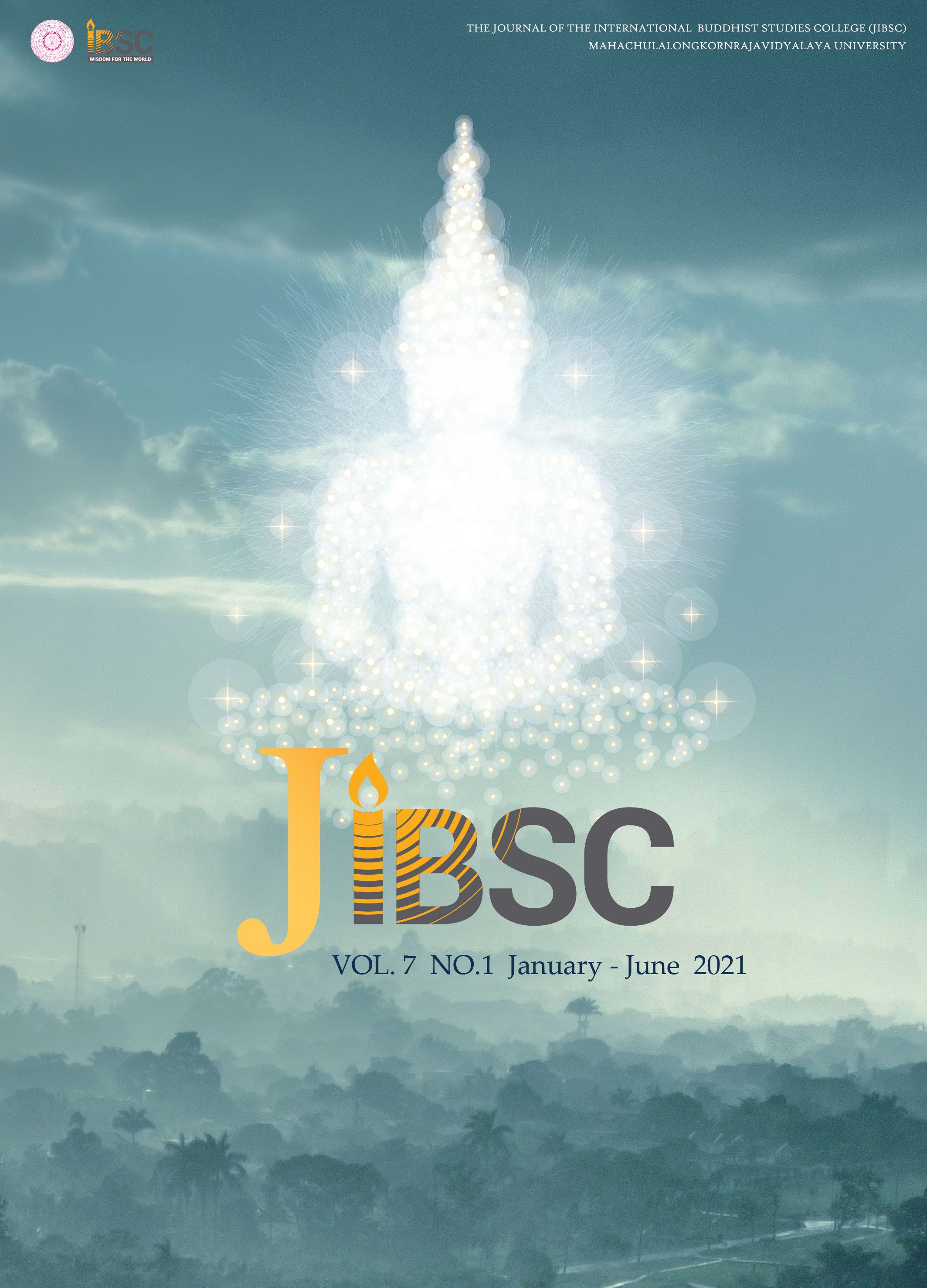The Problem of Causation: Nagarjuna Vs Hume
Main Article Content
Abstract
Change is the law of nature. When people were made aware of this principle of nature then and there arose the problem of causation. To deal with this problem of change in this world on the basis of which this nature operates we bring in the law of causation. Everything happens due to a cause is the belief urged by the philosophers which could not be proved certain. Though this belief is uncertain, but at the same time it is not irrational because whenever something happens, we conclude that there must be some reasons for whatever has happened. Sometimes this relation also causes misunderstanding because of being ambivalent to our thought, as it is always seen that we make use of our experience. This relation of cause and effect is also used to make predictions about the future wherein cause and effect always provide an explanation to our predictions made. Now this paper deals with the justification of the belief in the theory of causation. Here it has been trying to find out the extent to which the prediction made on the basis of the theory of causation is certain. As we have already known that the problem of causation plays an important role in connection with the nature of being. So here we would try to find out whether the theory of causation relates to the relation between the causally connected particular state of affair. Here we would try to bring in some argument given by Nagarjuna and Hume. The similarity in their argument has been brought into the light to reach out to the conclusion. On one hand, Hume has brought into the experience which can only be used to predict about our future. Our experience makes us customized in a way which make us expect the same pattern to occur repeatedly. This happens based on our prior reasoning. According to Hume because of the constant conjunction of the occurrence of events in our mind we become habitual of drawing inferences. Whereas there is no relation between the cause and effect which justifiably binds them. In this way the theory of causation has been criticized by Hume based on the absence of any necessary connection between the cause and effect. Similarly, whereas using reasoning, we can only make viewpoints about the reality. Here on this basis the application of the use of reason is insufficient to reason out of the reality.
Article Details
The Journal of TCI is licensed under a Creative Commons Attribution-NonCommercial-NoDerivatives 4.0 International (CC BY-NC-ND 4.0) licence unless otherwise stated. Please read our Policies page for more information on Open Access, copyright and permissions.
References
Murti, T.K.V., The Central Philosophy of Buddhism: A Study of The Madhyamika System, London: George Allen and Unwin Ltd., 1960.
Sprung, Mervyn, Lucid Exposition of the Middle Way: The Essential Chapters from the Prasannapada of Candrakirti, London and Hemley: GMC Sprung, 1979.
Hume, David, Inquiries Concerning Human Understanding and Concerning the Principles of Morals, London, Oxford, University Press, 1975.
Narada, the Buddha and his Teachings, Mumbai, Jaico Publishing House, 2009.
William, Paul, The Reflexive nature of Awareness : A Tibetan Madhyamaka Defence,Delhi, MotilalBanarsidass Publication Private Limited, 2000.
William Paul, Mahayana, Buddhism : The doctrinal foundations, London and New York, Routledge Taylor and Francis group.
Fatone Vicente, The Philosophy of Nagarfuna, Delhi MotilalBanarsidass, 1962.
Radhakrishnan, Indian Philosophy : Second Edition, India, Oxford University Press, 2008.
Stecherbatsky, Theodore, The Conception of Buddhist Nirvana : With Sanskrit Text of Madhyamaka – Karika, Delhi, MotilalBanarsidass Publishers Private Limited, 1977.
Verdu, Alfonso, Early Buddhist Philosophy : in the light of the four Nobel Tenths, Delhi, MotilalBanarsidass, 1985.
Westerholf Jan, Jagarjuna’sMadhyamika : A Philosophical Introduction, New York, Oxford University Press, 2009.
Thilly, Frank, A History of Philosophy, New Delhi, SBW, Publishers, 2009.
Stroud, Barry, Hume, London, Routledge&Kegan Paul Ltd., 1977.
Motilal, Bimal Krishna, Logic, Language and Reality: Indian Philosophy and contemporary Issues, Delhi, MotilalBanarsidass Publishers Private Limited, 1985.
Kalupahana, David, J, MulamadhyamikaKarika of Nagarjuna : The Philosophy of the Middle way, Delhi, MotilalBanarsidass Publishers Private Limited, 1991.
Verma, Chandra B., Buddhist Phenomenology: A Theravadin perspective, Delhi, Eastern Book Linkers, 1993.
Gombrich, Richard, What the Buddha Thought, London, Richard Gombrich, 2009.
Dhammajati, bikkhu KL, SarvastivadaAbhidharma, Hong Kong, Kaula Lumpur Dharmmajoti.All Right Reserved, 2007.


